Maintaining good hygiene and limiting health risks is essential through the habit of washing my hands after touching my pet handling, but plenty of people underestimate its importance. Although there is great joy and companionship in having pets, they can indeed harbor dangerous bacteria, viruses, parasites, and allergens that might influence people. The suggested approach is important for individual well-being and the welfare of society, especially for people who have weak immune systems, children, and those growing old. This in-depth study will analyze various reasons why washing your hands after interacting with pets is significant and will address the wider views regarding zoonotic diseases, allergens, animal hygiene, and pertinent best practices for sustaining the health of both humans and animals.
1. Zoonotic Diseases: A Major Health Concern
The major reason to wash your hands after being with pets is the risk associated with zoonotic diseases. Diseases referred to as zoonotic are infections capable of spreading from animals to humans. Many pets may seem healthy, but they can exist with pathogens that can lead to human illness.
a. Bacterial Infections
Salmonella:
Commonly found in reptiles—turtles, snakes, and lizards—this bacteria may also exist in the feces of dogs, cats, and birds. It may cause major gastrointestinal problems including fever, vomiting, diarrhea, and abdominal cramps.
Campylobacter:
As with Salmonella, the bacterial pathogen Campylobacter is common in dogs and cats, particularly in puppies and kitten. Contact with unclean surfaces, waste from animals, or food containers can result in the movement of bacteria. For people, an infection with Campylobacter can bring on diarrhea, gut pain, and a fever.
Pasteurella:
Often seen in the mouths of cats and dogs that are in good health, Pasteurella can trigger skin infections, cellulitis, and worse health problems if it breaches either the bloodstream or the respiratory system. A routine case is an injury, whether it’s a bite or a scratch, from a cat.
Escherichia coli (E. coli):
Animals, particularly farm animals or those fed a raw diet, can have E. coli strains.
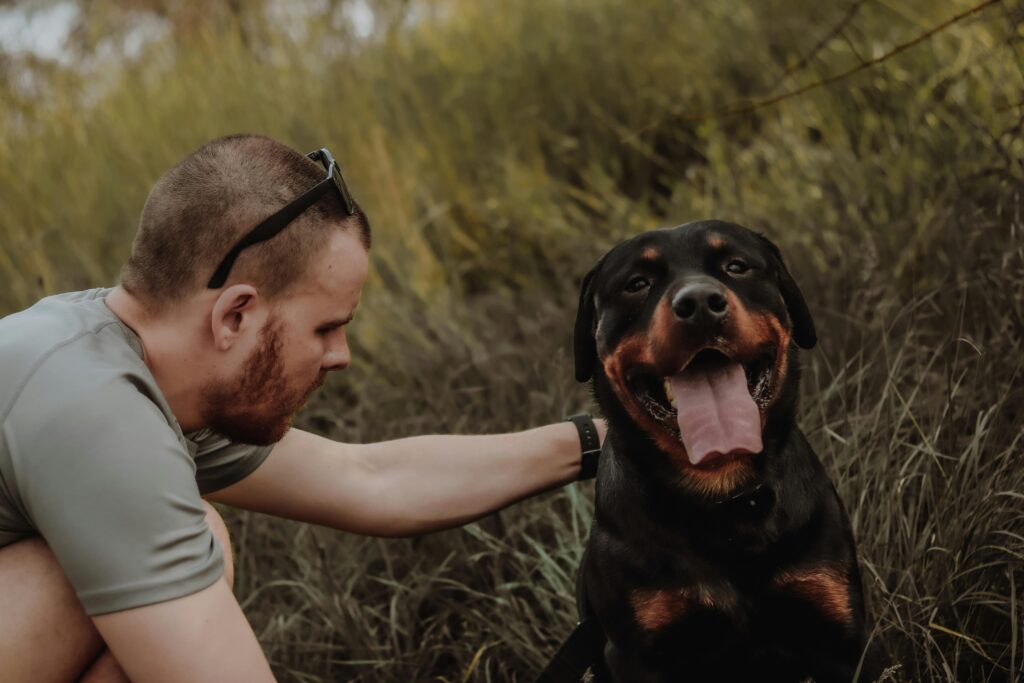
b. Viral Infections
Rabies:
Although pet vaccines are effective at preventing rabies, it is a serious disease characterized by a viral infection that can arise from bites or saliva of affected animals. Even though washing hands may not stop rabies, it’s still a key step in preserving hygiene when being around animals.
Avian Influenza:
Avian influenza viruses can reside in birds, particularly poultry, which have periodically spread to humans. Even though direct transmission is exceptional, dealing with birds or polluted materials can create a threat.
c. Parasitic Infections
Toxoplasmosis:
A parasitic infection is spread through cat feces. Cats, and particularly outdoor hunters, can harbor the Toxoplasma gondii parasite. Pregnant women should be extra careful about toxoplasmosis because it has the potential to cause birth defects or to result in miscarriages.
Giardia:
The intestinal parasite, referred to as microscopic and mostly found in dogs and cats, is able to contaminate water, surfaces, and food. In people, Giardia infection leads to diarrhea along with other symptoms related to the gastrointestinal tract.
Ringworm:
Even though it bears the name ‘ringworm,’ the condition is a fungal infection and not a parasitic one. It especially moves from cats and dogs to humans. These seem to be round, red, and itchy skin patches that can easily spread to others.
Fleas and Ticks:
These parasites that attack from outside affect companion animals and are also capable of biting human beings. Tick bites, in particular, have shown to pass on Lyme disease along with other tick-borne diseases.
d. Fungal Infections
Cryptococcosis:
Often, this fungal infection is transferred by birds, especially pigeons. The fungus is detectable in bird feces and can cause lung illnesses or, in serious cases, invade the brain and other regions of the body, triggering meningitis.
2. Allergens and Asthma
Just because your pet is free of pathogens doesn’t mean they won’t trigger allergic reactions in certain individuals. Common sources of allergens include pet dander, saliva, and urine, and dealing with pets can cause these allergens to cling to your hands, clothes, and the surroundings in your home.
a. Pet Dander
Microscopic skin flecks are what comprise pet dander. Weighing little, it can remain in the air, fall on furniture, or stick to hands following petting. For allergy sufferers, the presence of pet dander may bring on sneezing, bothersomeness in the eyes, flow from the nose, and aggravate asthma conditions. Washing your hands straight away after touching your pet reduces the amount of dander that can end up on your face or other vulnerable parts.
b. Saliva
A few people experience allergic reactions to animal saliva proteins. It’s possible you won’t notice that after petting a dog or cat, their saliva could very well be on their fur, having come from grooming or licking. When it touches your skin, nose, or eyes, this saliva may cause allergic reactions. Effective handwashing removes these proteins and therefore limits the chance of an allergic reaction.
c. Urine and Feces
Taking care of pet waste, including emptying litter boxes or collecting after dogs, leaves you at risk for allergens and pathogens. This final step is key since washing my hands after touching my pet for a long time afterwards helps control bacterial, viral, or parasitic spread emanating from the waste.
3. Hygeine concerning Personal and the Household
Maintaining good hand washing while looking after pets plays a key role in forming a clean and secure home living space. At regular intervals, the things pet owners do, including litter box maintenance, laundering pet bedding, and pet food bowl holding, put them at risk.
a. Surface Contamination
Germ contamination of home surfaces occurs because of pets touching them with their fur, paws, or waste. Contamination might result from surfaces including floors, carpets, and furniture due to dirty, bacteria and parasite carrying dogs causing walks. Touching your pet followed by handwashing decreases the chance of disseminating these germs around your home.
Either use a clean towel to dry your hands, or air dry them.

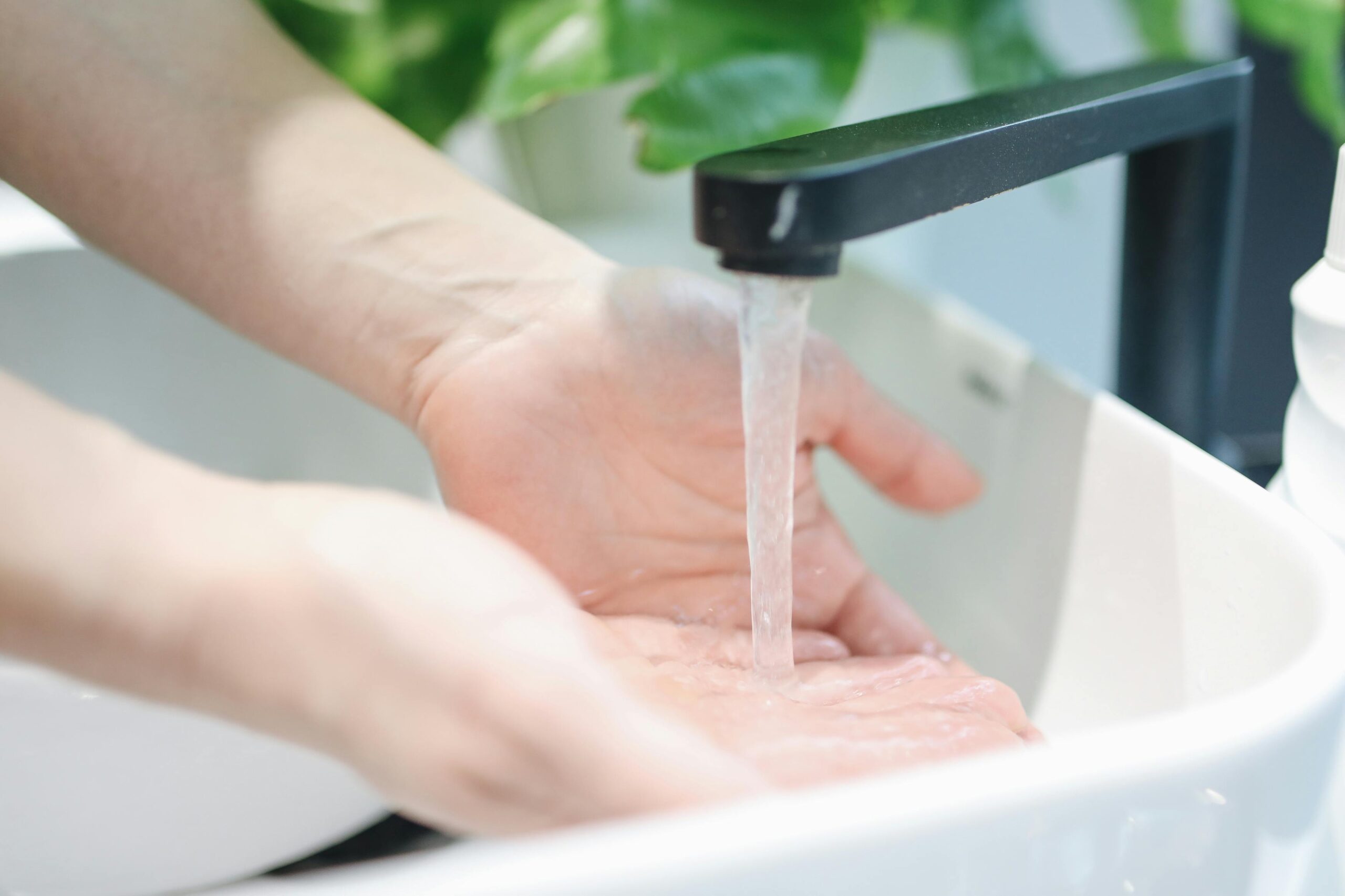
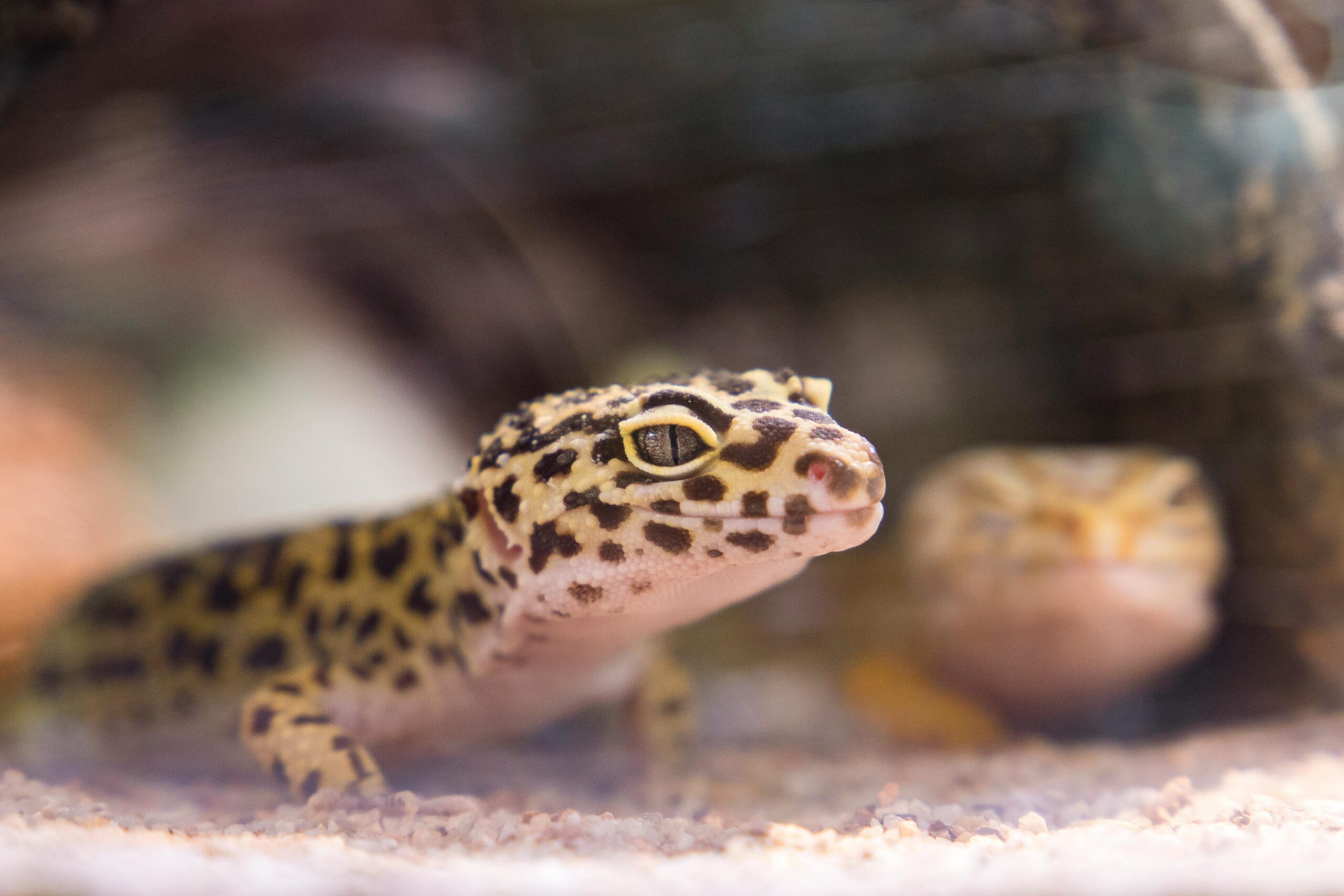
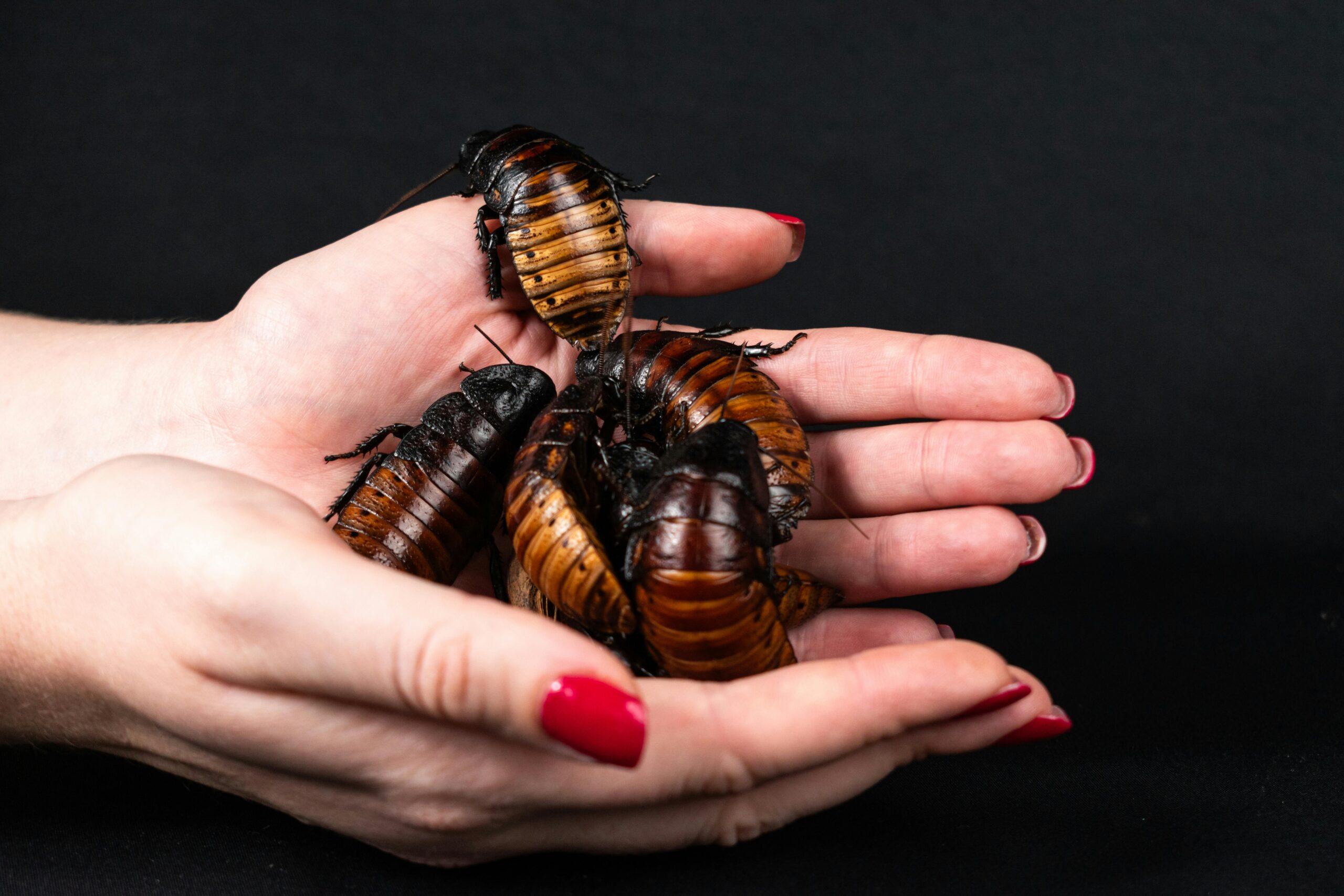
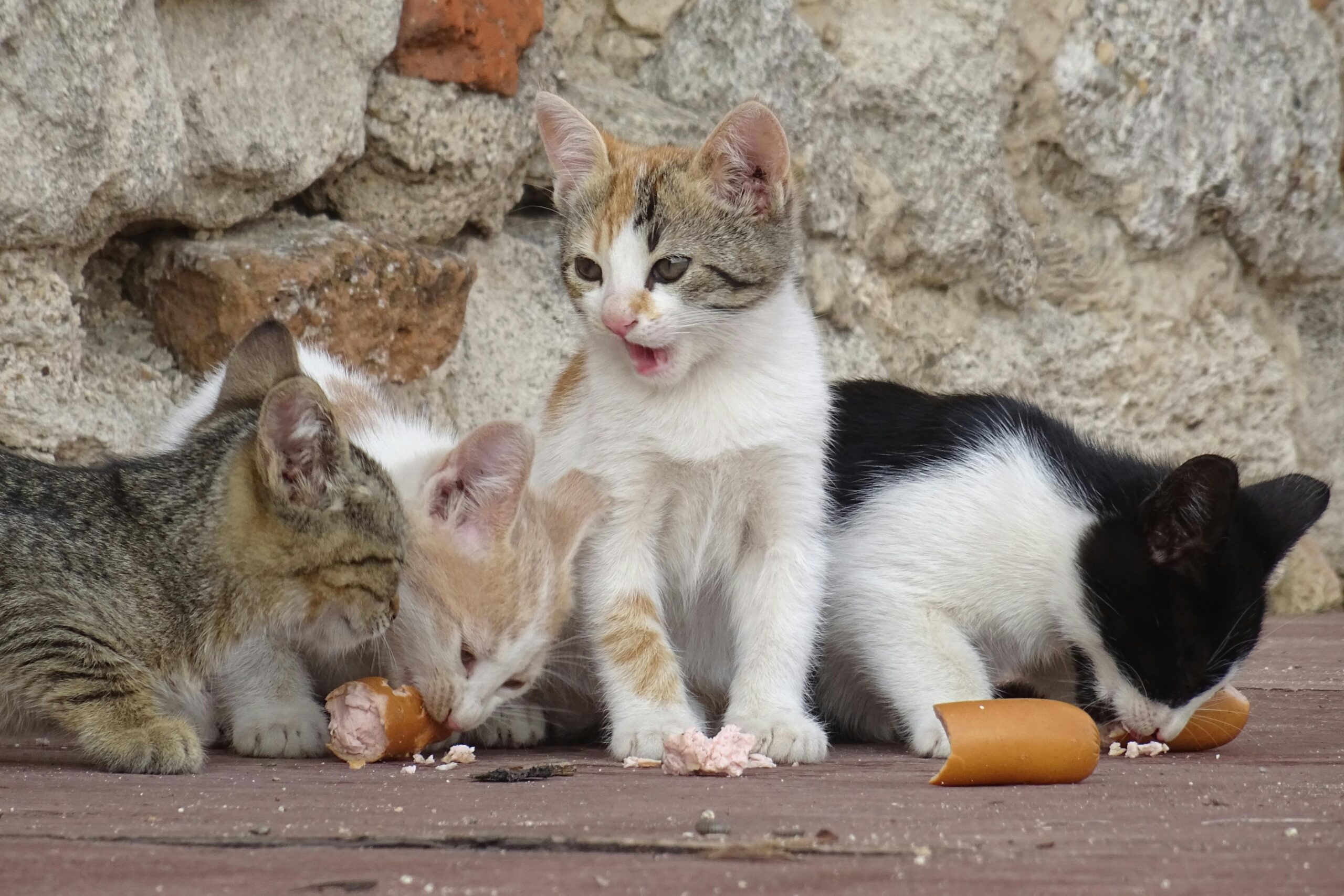

1 Comment
[…] such as frogs, salamanders, and axolotls, primarily have a carnivorous diet, although some species may eat algae or plant […]